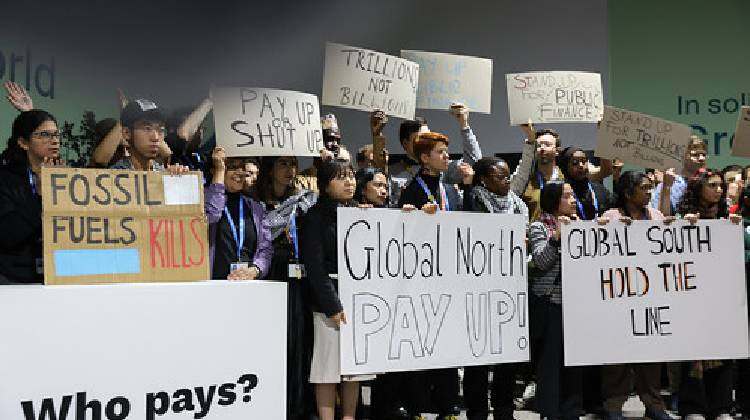The conclusion of COP29 exposed deep divisions between developed and developing nations, with the Global South in general and India in particular, rejecting a proposed USD 300 billion climate finance deal as inadequate and unfair. The critique focused on the deal’s reliance on loans rather than grants, its insufficient scale, and bureaucratic barriers perpetuating inequities in global climate action. This reflected broader frustrations within the Global South, especially regarding the unmet USD 100 billion climate finance pledge and the need for transformative changes in international climate negotiations. As economic losses mount and climate impacts worsen, COP29’s outcomes underscore the urgency of rebuilding trust, ensuring fairness, and prioritizing vulnerable populations.
At the recently concluded 29th United Nations Climate Change Conference (COP29) in Baku, Azerbaijan, tensions had reached a boiling point. The much-anticipated USD 300 billion climate finance deal – hailed by some as a breakthrough – was roundly criticized by India as inadequate, unfair, and ‘stage-managed.’
This reaction underscored the persistent divide between the Global North and South over climate commitments. India’s outright rejection of the deal and its scathing critique of the negotiation process reflect broader frustrations within the Global South. The stage-managed nature of the agreement, as described by Indian officials, epitomizes the inequities that have long plagued climate negotiations.
Bridging this divide remains critical to achieving global climate goals, but the path forward is fraught with challenges.
The article was published in the Polity on 13 December 2024, the complete article can be read here.





